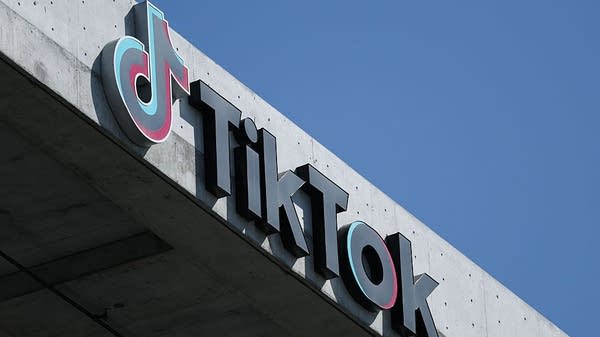"Money is never enough,” the former federal education secretary says
We need high expectations for kids along with investment in schools, Arne Duncan says.

Former Education Secretary Arne Duncan has thought a lot about how schools work. From tutoring kids on Chicago’s South Side to serving as secretary of education under the Obama administration, he’s spent nearly three decades working in education. He talked with Marketplace’s Amy Scott about his new book, “How Schools Work” and how his views were shaped early by the after-school program his mother ran. The following is an edited transcript of their conversation.
Arne Duncan: My sister, brother and I grew up — literally from the time we were born — at my mother’s after-school program, which she started in 1961 on the South Side here in Chicago. And we just grew up as students in her program. We were taught, like all the other students, and her philosophy was that 10-year-olds taught 5-year-olds, and 15-year-olds taught 10-year-olds, so we grew up teaching and being taught all our lives. And what I’ve seen is that children who might happen to be very poor, might happen to not always have the most functional families, when they have an opportunity to get a great education where they’re surrounded by people who love them and have high expectations, it’s unbelievable what they can accomplish. That’s what’s driven my passion all my life is to try level the playing field to create some and some equity around opportunity for kids in communities where historically they’ve been denied that simply because of their race or their ZIP code.
Amy Scott: You write in the book something that struck me though, that children’s social, emotional and physical needs should be met by schools before their academic needs. Are we expecting too much of schools though? Is it fair to blame teachers or hold them accountable for test scores when many of those needs aren’t being met?
Duncan: Are we asking too much of schools? I think, possibly we are. But I would say, if we don’t do it who will? So when I ran the Chicago Public Schools, we served tens of thousands of kids three meals a day: breakfast, lunch and dinner. That was one of the first things I learned from my mother’s program. The minute kids came into her center, she fed them, because if your stomach’s growling, it’s hard to concentrate. This isn’t about, you know, laying blame or pointing fingers. But we as schools, we as social service agencies, we as churches, we as nonprofits have to make sure that kids are fed, that they feel safe. And when we do all those things, then let’s talk about algebra, trig and AP biology and going on to college. But if those things aren’t being met, we put a real limit on what our kids can accomplish.
Scott: Well, I think that gets to the cost of education. We in this country spend what, about a trillion dollars a year on education? And you say that’s not enough. Why not?
Duncan: Yeah, I fundamentally see education as an investment, not as an expense. The cost of not educating is so much higher to society as well as individuals, you know, on the back side of all this. If we were willing to invest in high-quality early childhood education, if we’re willing to pay great teachers and great principals significantly more, the benefits to our society, the benefits to our economy, the benefits to our democracy I think would be extraordinary.
Scott: And yet, obviously money isn’t enough. I mean, in your own education department, the $7 billion School Improvement Grants program had a pretty mixed track record. One study found there were no measurable gains in math and reading scores, graduation rates or college enrollment. How do you respond to that?
Duncan: Money is never enough. So you’ll never hear me say, it’s only about money. For me it’s always about your high expectations as well as high support. And we have to hold ourselves accountable for great results. When schools aren’t working, we have to be willing to challenge the status quo. So investment is part of it, but high expectations have to go with that, and we have to hold ourselves accountable as educators for results, absolutely.
Scott: Are you willing to concede the failure of that School Improvement Grant program?
Duncan: I wouldn’t say it was a failure at all. I visited many, many schools that were dropout factories, schools that weren’t safe, that turned around and transformed. And we would love to have seen more success across the board, but you never give up on kids. You never say this is good enough when there’s a you know a 50 percent dropout rate or where there’s huge violence in school. You have to be willing to challenge that status quo. So I would happily make those investments — and challenge things when they’re not working — again in a heartbeat.













